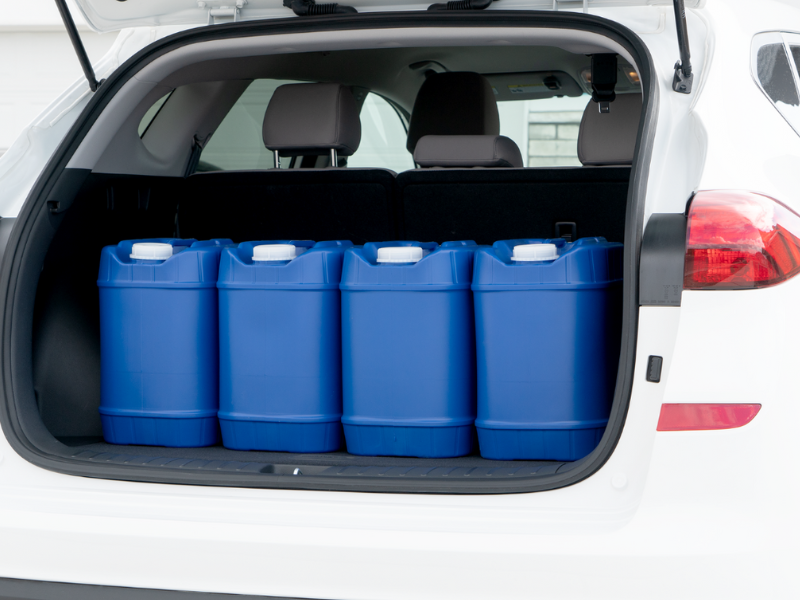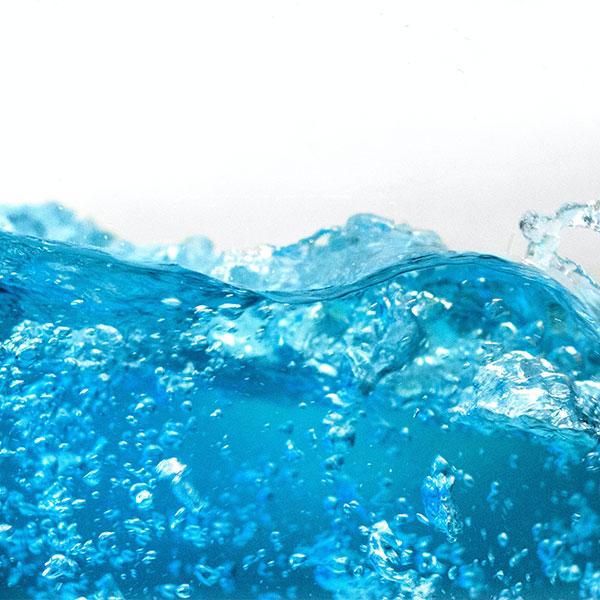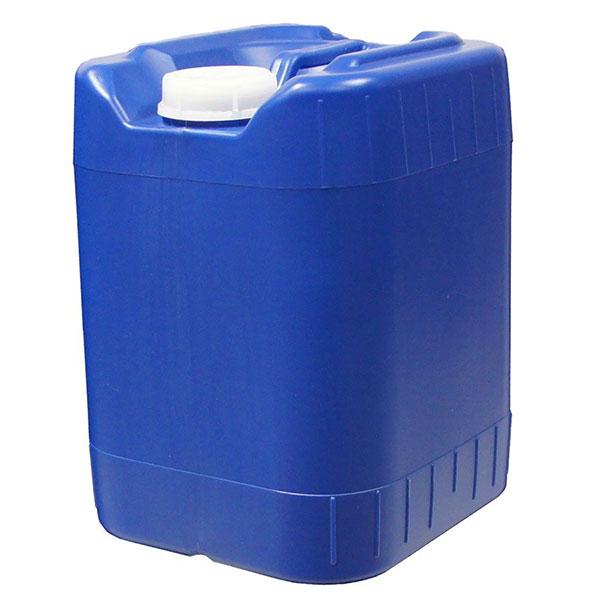Water is a basic necessity, yet nearly 57% of Americans lack an emergency drinking water supply. You can survive without food for weeks, but only a few days without water. From hydration to hygiene and food preparation, having adequate water storage is critical during an emergency.
Why Water is Essential
Sixty percent of your body weight is water, and every bodily system relies on it. Water flushes toxins, carries nutrients, and supports healthy tissues. Without sufficient water, dehydration can cause severe symptoms like dry mouth, dark urine, and even vomiting or diarrhea.
How Much Water Do You Need?
Daily Hydration
On average, men need 13 cups (0.8 gallons), while women require 9 cups (0.5 gallons) of water daily. This estimate varies based on health, activity level, and climate. Plan for ¼ to 1 gallon of water per person daily just for drinking.
Food Preparation
Cooking with freeze-dried or just-add-water meals requires additional water. On average, you’ll need between ½ to 1½ gallons of water per can of food. For larger emergency kits, this translates to 70-100 gallons of water for food preparation alone.
Freeze-Dried Food Water Requirements:
| Product | Water per Serving | Servings per Container | Total Water Needed |
|---|---|---|---|
| Saratoga Farms Meals | ¾ - 1 cup | 20 | 0.6 - 0.8 gallons |
| Saratoga Farms Fruits | 1 cup | 24 | 1.5 gallons |
| Saratoga Farms Vegetables | ⅔ - 1 cup | 24 | 1 - 1.5 gallons |
Water for Hygiene
Maintaining hygiene is crucial during emergencies to prevent illness and the spread of disease. For basic needs like handwashing, brushing teeth, and wound cleaning, plan for about 3 cups (0.18 gallons) to ¼ gallon of water daily per person.
Planning Your Water Storage
With water needed for drinking, cooking, and hygiene, it's essential to calculate your family’s requirements accurately. Use a Water Storage Calculator to determine the exact amount you’ll need based on your household size and emergency duration.














